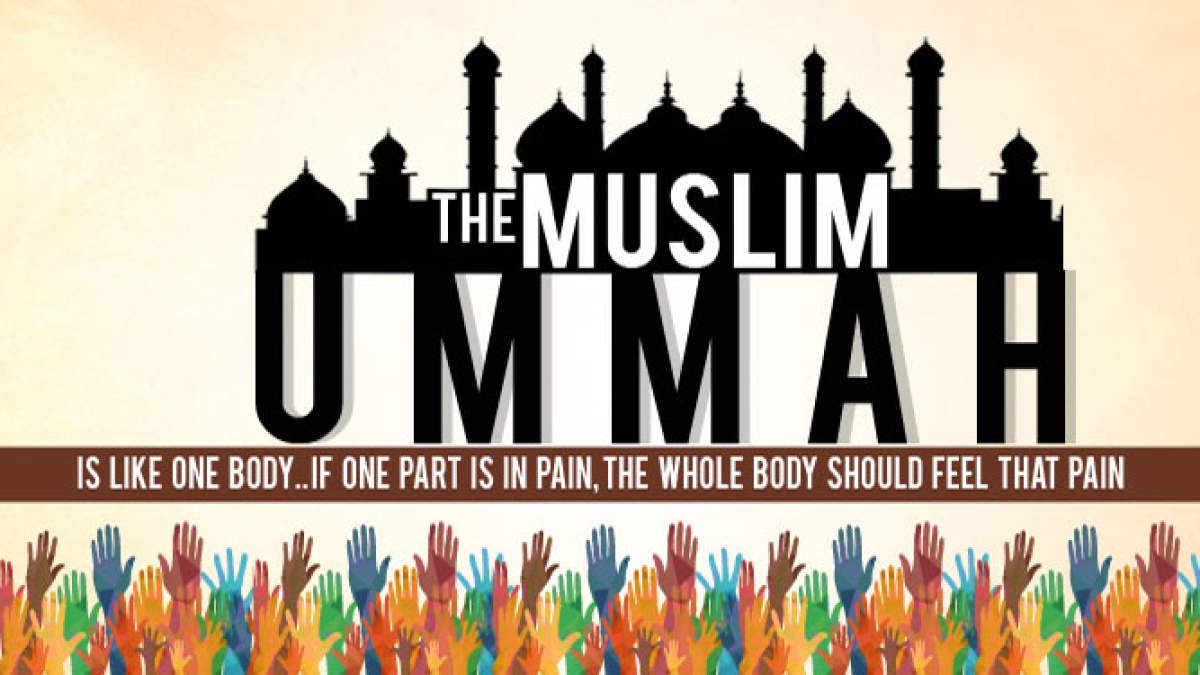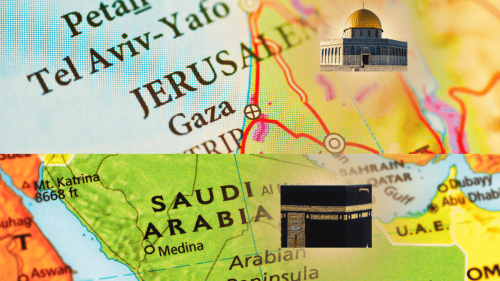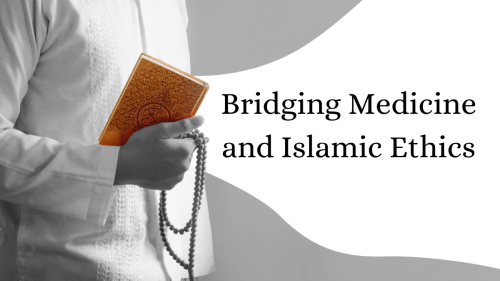Islamic Society must reflect Islamic Character

The question: Is there a relationship between human character and human society? According to Erich Fromm:
-> The character structure of the average individual and the socio-economic structure of the society of which he or she is a part are interdependent.
-> The blending of individual psychical sphere and the socioeconomic structure is social character.
->The socioeconomic structure of a society molds the social character of its members.
-> The social character influences the socio-economic structure of society.
-> The social character sometimes acting as cement gives further stability to the social structure, or under special circumstances, acts as dynamite that tends to break up the social structure.
[Erich Fromm, TO HAVE OR TO BE?, Published by Continuum, 1977, page 109]
Creating a New Society requires New Minds
-> The relationship between social character and social structure is never static. It is a dynamic process. A change in either factor creates change in both.
-> Many political revolutionaries believe that one must first change the political and economic structure radically, and then, as a second and almost necessary step, the human mind will change.
-> They think the new society will automatically produce the new human being. They do not see that the new elite, being motivated by the same character as the old one, will tend to create the conditions of the old society in the new sociopolitical institutions the change created. [Ibid, page 110]
Strong Urge for Religion
-> Religion is as old as the rise of self-consciousness in man. Social character must fulfill human being’s religious needs. Religion provides a group-shared system of thought and action that offers the individual a frame of orientation and an object of devotion. [Ibid, page 110]
-> Plutarch (c. 46 – 120 AD, was a Greek historian), who flourished in the first century with extensive knowledge of the world of his time, affirms:
-> “In wandering over the earth, you can find cities without walls, without science, without rulers, without palaces, without treasures, without money, without gymnasium or theater, but a city without temples to gods, without prayer, oaths and prophecy, such a city no mortal has yet seen and will never see.”
Conditions for human change
-> We must recognize that we are suffering and are aware that we are.
-> We must recognize the origin of our ill-being.
-> We must recognize that there is a way of overcoming our ill-being.
-> We must accept that in order to overcome our ill-being we must follow certain norms for living and change our present practice of life. [Ibid, page 137]
Creating Islamic Society
The Qur’an (more than 1400 years ago) mentioned that if a new society is to be created then the foremost prerequisite for this to happen is that there must be a change first in the “self” of human beings first. This means that a fundamental change must occur first in human personality (i.e., a fundamental change must occur in human psychology, in human behavior, in human outlook, in human mentality) before any change will occur in the larger community. In Erich Fromm’s terminology, it means that a change in human social character must occur first before a consequent change occurs in society. The Quran provides the universal law for this change:
إِنَّ اللَّـهَ لَا يُغَيِّرُ مَا بِقَوْمٍ حَتَّىٰ يُغَيِّرُوا مَا بِأَنفُسِهِمْ (13:11).
It is a fact that Allah will never change the condition of a people until they change what is in their self.
A new society requires a profound change in human “self” first
-> The Quran says: that disintegrated and unbalanced selves امّارہ نفس Nafs Ammarah (12:53) produce corrupt society; that integrated and balanced selves مطمئنہ نفس Nafs Mutma-innah (89:27) produce peaceful and balanced society; that to reach that goal is a difficult and challenging process and requires overcoming wrong emotions by selves under constant tension called لوّامۂ نفس Nafs lawwamah (75:2).
-> Therefore, the Quran demands that Muslims must change their consciousness, their relative values, and their character first and only then can a truly new society be built on universal Islamic values.
-> The corner stone of this society is universal justice and compassion. The Qur’an calls this by the term والاحسان عدل ‘ADL WAL I‘HSAN (16:90).
-> This is achieved by persons who want to willingly and consciously change their practice of life in accordance with the change in character they want to achieve.
The function of this new society is to encourage the emergence of new human beings whose character structure will exhibit the foremost Islamic value: the acquisition of knowledge. Acquiring and using knowledge is a sacred duty of Muslims. This is a Quranic imperative.
Quranic imperatives on acquiring knowledge
The Holy Quran puts the highest emphasis on the importance of acquiring knowledge. That knowledge has been at the core of the Islamic world from the very beginning as attested by (96:1-5). It says: “Read — for thy Sustainer is the Most Bountiful One who has taught (human) the use of the pen — taught humankind what he did not know!”
The Quran describes the Prophet (PBUH) as an imparter of knowledge to others (2:151). His famous prayer was: “Allah grant me knowledge of the ultimate nature of things”.
In verse (39:9), the Quran rhetorically asks: “Can they who know and they who do not know be deemed equal?” It exhorts believers to pray for advancement in knowledge. Further, the Quran exhorts believers not to pursue that of which they have no knowledge since God will hold them accountable for actions, which reflect a lack of knowledge. For those who have knowledge, the Quran says: “God will exalt by (many) degrees those of you who have attained to faith…” (58: 11).
According to Quranic perspective, knowledge is a prerequisite for the creation of a just society in which authentic peace can prevail. The Quran emphasizes the importance of the pursuit of learning even at the time, and in the midst, of war. It says: “With all this, it is not desirable that all of the believers take the field (in time of war). From within every group in their midst, some shall refrain from going to war, and shall devote themselves (instead) to acquiring a deeper knowledge of the Faith, and (thus be able to) teach their home-coming brethren, so that they (too) might guard themselves against evil” (9: 122).
Embodying the spirit of the Quran are some well-known ahaadith: “The seeking of knowledge is obligatory upon every Muslim” (Baihaqi, Mishkat); “Searching for knowledge is compulsory for every Muslim male and Muslim female (Ibn Majah). The attitude of Prophet Muhammad (PBUH) towards acquiring knowledge can be inferred from the fact that after the Battle of Badr (624 AD), he employed several captives from the Quraysh tribe to teach Muslims reading and writing — this service counted as their ransom. The Prophet (PBUH) instituted learning as an incumbent duty upon Muslims and this established a definite educational policy for Islam. The obligation to acquire knowledge was a concept that possessed religious urgency and was ready to play a prominent role in Islam.
Key values that Muslims must exhibit in their character are:
-> Willingness to give up all forms of emotional controls. Being controlled by emotion is like accepting one’s emotion as god (45:23).
-> Security, sense of identity, and confidence based on faith in human dignity (17:70), and solidarity of all human beings (10:19) instead of desire to have, to possess, to control the world, and thus become the slave of possessions (102:1).
-> Accepting the fact that Allah created the Earth for the benefit all living beings (55:10, 11:6). The meaning to life must therefore come from fullest activity devoted to giving and sharing (2:215, 2:219) and not from hoarding and exploiting (104:2, 107:7).
-> Developing one’s capacity for critical, unsentimental thought (34:46).
-> Not deceiving others, but also not being deceived by others. [Khalifa ‘Umar]
-> Keeping away from religion of commercialism and mechanical ritualism (2:41, 2:177, 5:44, and 16:95).
-> Noting that the Islamic society is neither patricentric nor matricentric but equicentric (2:143).
Allama Iqbal sums it up beautifully in the following couplet:
This is the goal of Nature; this is the secret of being Muslim
Supremacy of Universal Brotherhood; abundance of affection
Topics: Adab (Islamic Ethics), Social System Of Islam, Ummah (Community) Values: Compassion
Views: 4144
Related Suggestions

















